
Surendranath Banerjee
A commemorative postage stamp on Rashtraguru Sir Surendra Nath Bandyopadhyay, founder of Indian National Association, 11th President of the Indian National Congress (1895) :
Issued on Dec 28, 1983
Issued for : The Indian Posts and Telegraphs Department is happy to issue a commemorative stamp in honour of Surendranath Banerjee.
Type : Stamp, Mint Condition
Colour : Raw Sienna
Denomination : 50 Paise
Overall size : 4.06 x 2.73 cms.
Printing size : 3.70 x 2.40 cms.
Perforation : 13 x 13
Paper : Unwatermarked P. G. matt coated paper
Number printed : 15,00,000
Number per issue sheet : 40
Printing process : Photogravure
Printed at : India Security Press
Name : Surendranath Banerjea
Born on Nov 10, 1848 at Calcutta, Bengal Presidency, British India [now Kolkata, West Bengal, India]
Died on Aug 6, 1925 at Barrackpore, Bengal Presidency, British India [now in West Bengal, India]
About :
- Born on 10th November, 1848 as the second son of Dr. Durga Charan Banerjee in Taltala in Calcutta, Surendranath graduated in Arts in the year 1867 from Dovetan College (Calcutta) and within a couple of years qualified himself with flying colours to be admitted to the covenanted I.C.S. Cadre. He was first appointed as Assistance Magistrate in Sylhet (now in Bangladesh). On the charges levelled against him for some allegedly wrong orders passed and on the basis of a subsequent enquiry report in this regard, a condign punishment of his removal from the I.C.S. was awarded on him. This decision of then government of the country no doubt hurled upon him a great blow but this was a blessing in disguise not only for himself but for the nation as a whole. Surendranath soon recovered from the impact of this event and pledged to dedicate himself fully to the cause of national emancipation and political freedom of the country. With a missionary zeal, he undertook extensive tours, organised meetings all over the country, exhorted and upheld before the teeming millions of people of the country, the baneful effects of the British Rule in India in his speeches with his usual oratory skill, which in effect moulded the rhetoric of the nation. Bewildered, the foreign Rulers lost no time to put him to imprisonment. Released from prison in course of time, Surendranath built up a movement in quick succession for creation of a “National Fund“ and in a meeting held on 17th July, 1883, such a Fund was ushered into existence, with a view to securing and espousing the cause of political freedom of the country and that too, only through constitutional means. Subsequent endeavours made in this regard resulted in a national conference held in Calcutta with the representatives of the people from all corners of the country and heralded the beginning of a new era in the sphere of National struggle. Inspired by his clarion call the multi-religious and caste-ridden people of all over India, soon developed a spirit of oneness and cohesion and this ultimately paved the way towards foundation of the Indian National Congress in the year 1885. Thus Surendranath, once a servant of British Crown, was soon acknowledged as a great “Savant” in the struggle for freedom, a leading statesman and a friend, philosopher and guide to the people of India.
- The agitation he built up against the “Ilbert Bill” and the partition of Bengal announced by Lord Curzon projected a united and determined protest in the entire country and made him the uncrowned king of Bengal. In protest against the move, sponsored by the British Government, to deprive the rights of Self Government exercised by the Corporation of Calcutta, of which Surendranath was a member for years together, he resigned in the year 1899 and determined to restore “Self Government” in the Corporation of Calcutta. He succeeded in his endeavours more than a couple of decades afterwards and the Corporation of Calcutta of the present day is practically his creation.
- In the literary field, as a great Journalist and Editor of the Journal, “The Bengalee” and as author of the famous Book “A nation in Making“, Surendranath earned “Laurels” of unique distinction and was named as “The Tribune of the people“.
- Surendranath breathed his last on 6th August, 1925.


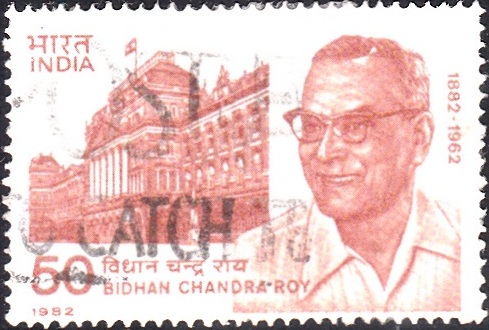
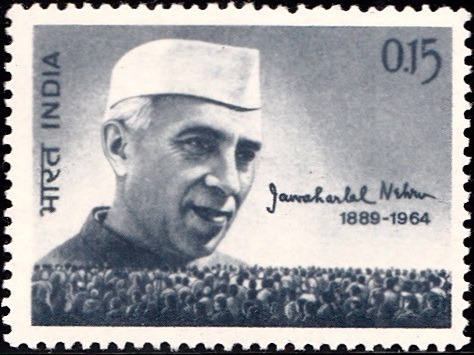
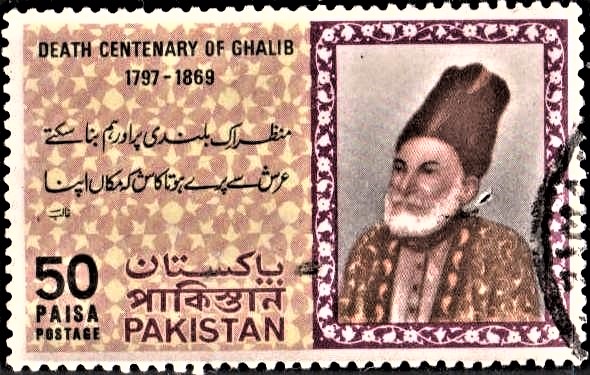
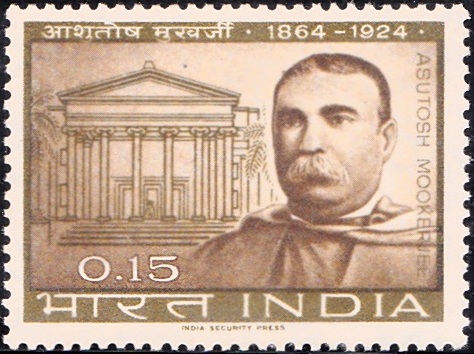
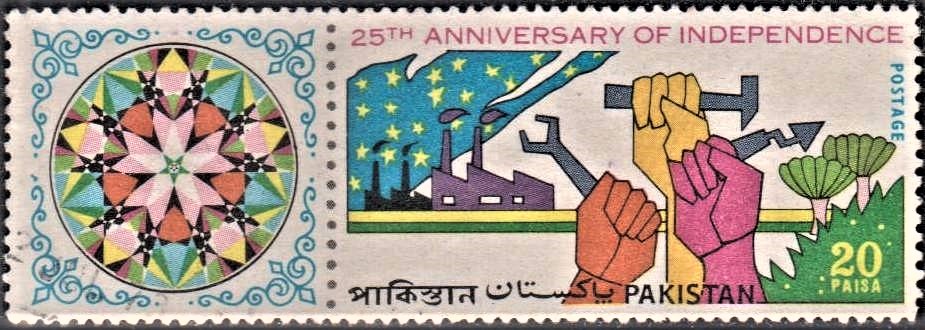
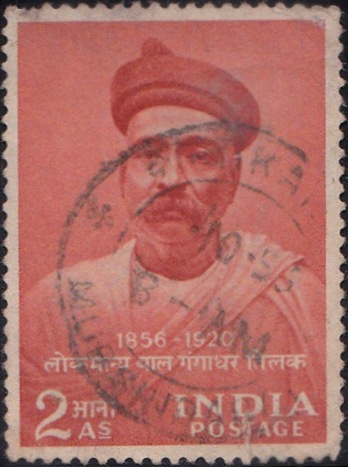
[…] Council of Mumbai (1885-88). He was also a member of the Indian National Association founded by Sir Surendranath Banerjee from Calcutta a few years before the founding of the Indian National Congress in Bombay. The two […]
[…] This flag had the words Vande Mataram written in Devanagari script. This flag was hoisted by Sir Surendranath Bannerjee at Kolkata to mark unity of India against the Partition of […]
[…] But all this name and fame did not deter Munshi Newal Kishore from fostering the political aspiration of his people. In 1885, he joined the ranks of the Congress founding fathers and played his role in the founding of the Indian National Congress. His friends and admirers included Mr. Hume and Sir Surendra Nath Banerjee. […]